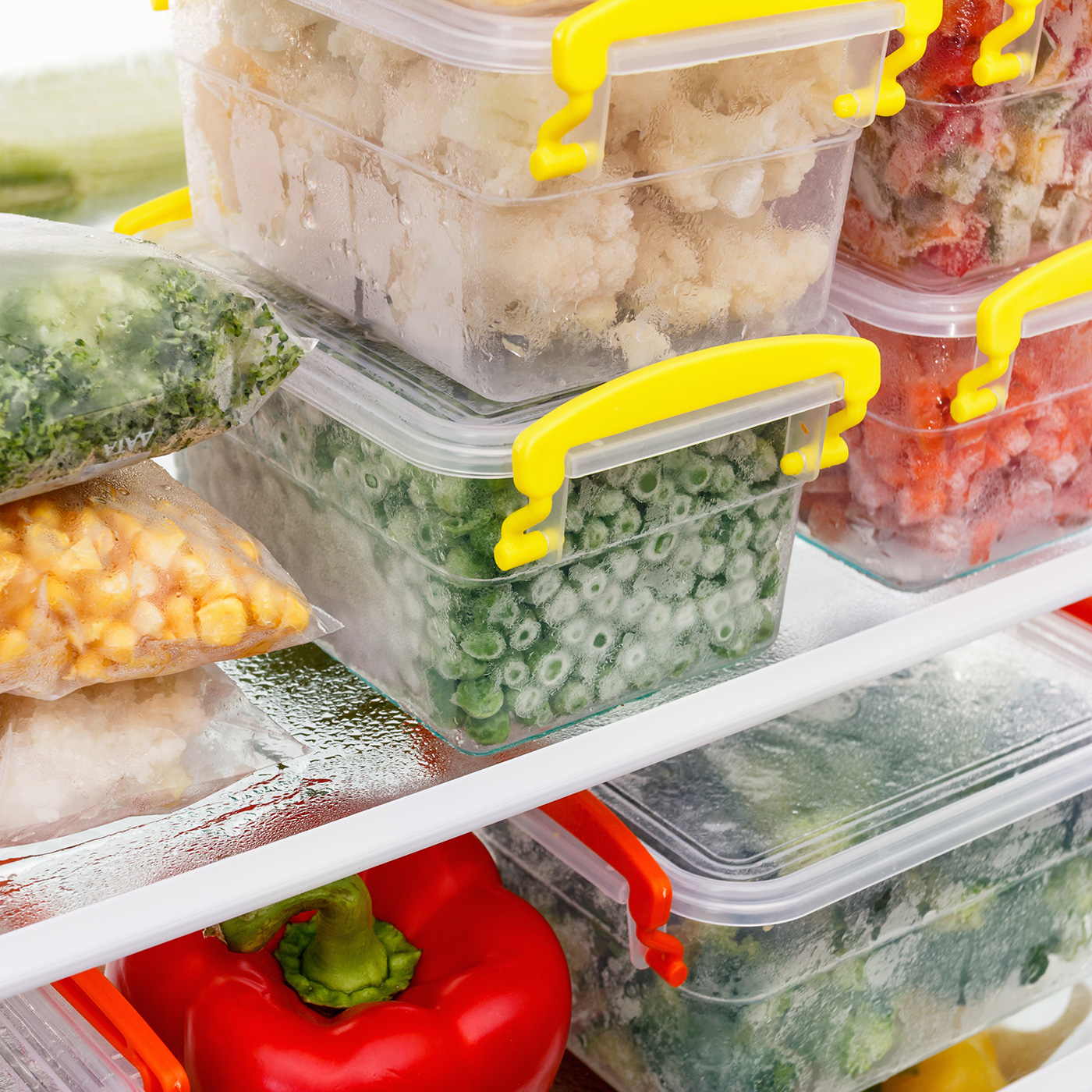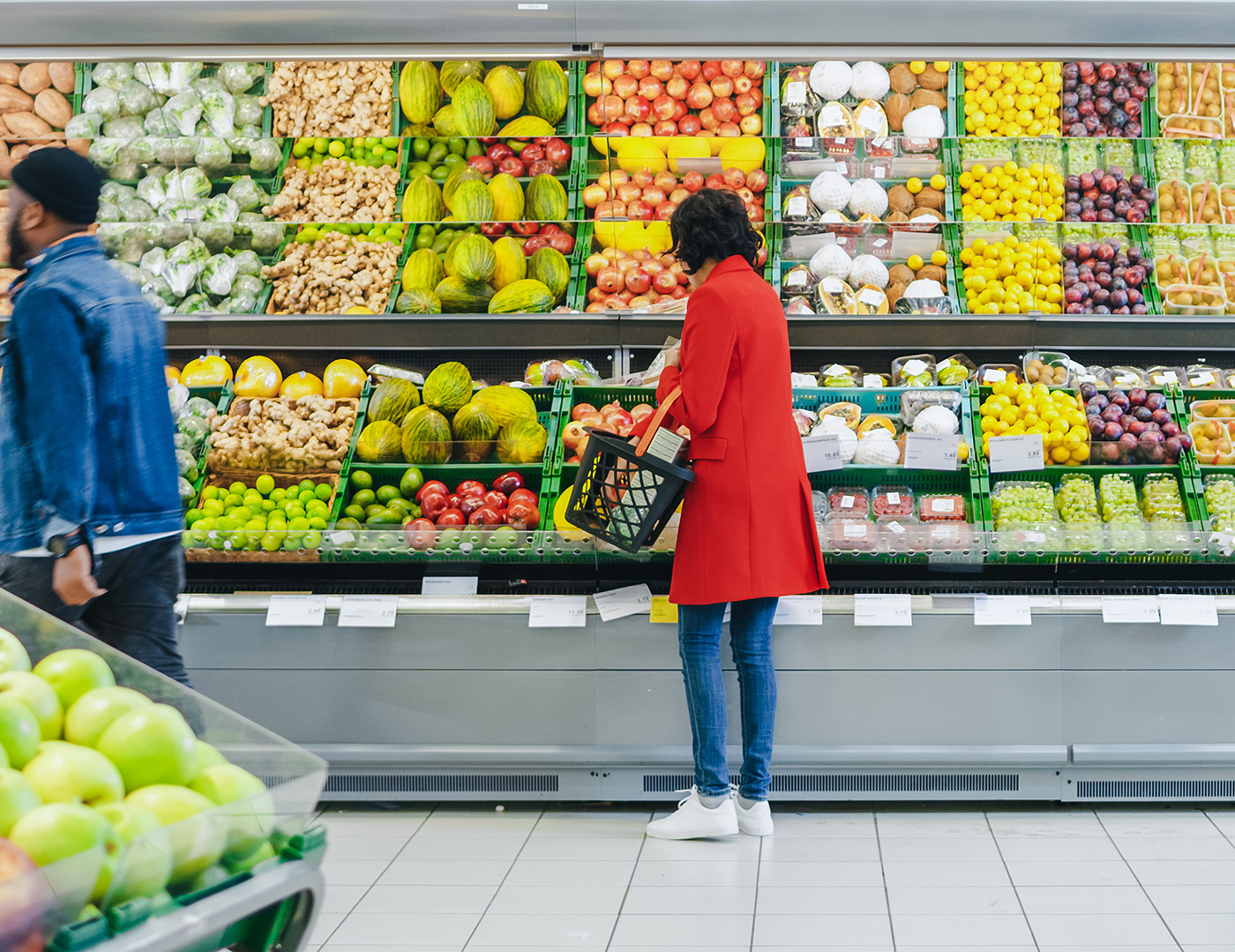Food conservation is proactively managing food practices, such as:
- Meal planning
- Shopping
- Storage
- Food preparation & cooking
- Serving
- Using leftovers and food before they go bad
Food conservation also means you may need to adapt your food plans in response to things that change unexpectedly, like making a certain meal tonight instead of tomorrow to quickly use up a food that is getting soft/overly ripe or that you think may spoil soon.

In the U.S., 30 to 40% of the food is uneaten due to food loss and waste, with households wasting more food than any other step in the food supply chain.

Wasted food means less food for people who need it and more food in landfills, where it causes harm to our environment.
Let’s change this and conserve food!
All food is expensive- not just in dollars. The time and effort that farmers, harvesters, truck drivers and train engineers, grocery store staff, and cooks who worked hard to get it to our plates, and all the work that Mother Nature put into, it is worth far more than the food’s price tag.
It feels good to show gratitude for the food we have, and it feels even better each time you take a step to conserve and prevent food from being wasted.
